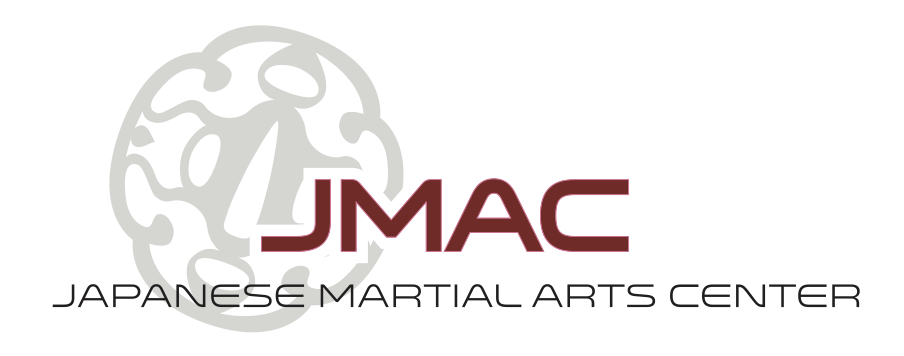Master Carlos Gracie and Master Helio Gracie sparring.
History
(The rest of the article can be found here.)
Jûjutsu, which generally refers to systems of unarmed combative techniques, may be said to be one of the oldest branches of Japanese martial arts. Images of fighters using jûjutsu techniques can be found in a variety of early historical records.Nihon Jujutsu is a modern Japanese martial art that focuses on practical, efficient techniques as originally found in both ancient and contemporary martial arts. Its principles and techniques derive from Japanese unarmed combat and self-defense techniques from pre-1945 judo and aiki-bujutsu, as well as taihojutsu (Japanese police immobilization and arresting methods). The founder of Nihon Jujutsu, Sato Shizuya, established this system based on his extensive studies with leading Japanese budoka (traditional martial artists), many of whom introduced ancient bujutsu methods into modern budo.
Despite its name, Brazilian Jiu Jitsu was originally based on the techniques of Kodokan Judo, a system created by Kano Jigoro. A student of Kano Sensei, Esai Maeda, later known as Conde Koma, visited Brazil, and his instruction formed the basis of today’s Brazilian Jiu Jitsu.

No comments:
Post a Comment